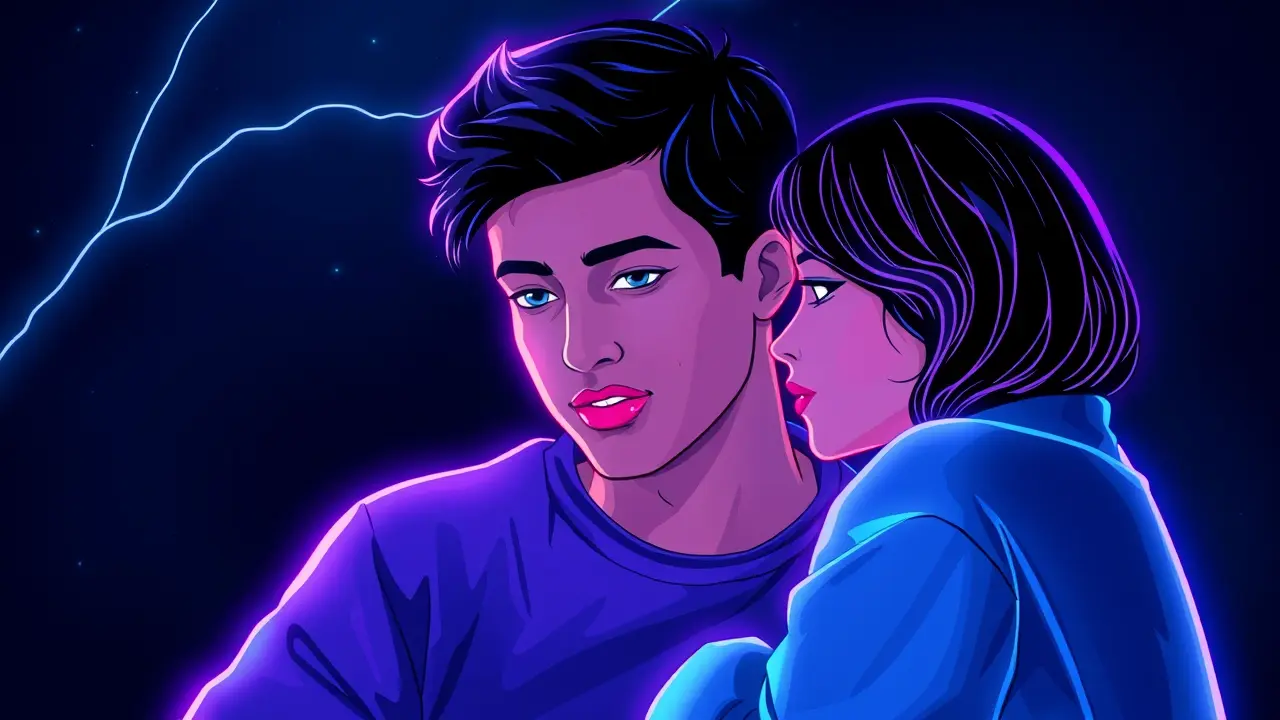
Entertainmentculture & trendsSocial Media Trends
How Oversharing Your Breakup Helps You Get Over It.
LA
Laura Bennett
14 hours ago7 min read1 comments
If you spend even a few minutes scrolling through TikTok, you’ll inevitably encounter someone baring their soul about a recent breakup, turning their personal heartache into public content. This phenomenon of 'oversharing,' often dismissed as mere attention-seeking, is actually a profound and deeply human attempt at emotional regulation.When individuals articulate their pain, whether to a global audience or a single trusted friend, they are engaging in a fundamental process of making the internal, external—a necessary step to process the chaotic swirl of grief, anger, and confusion that follows a relationship's end. From a psychological perspective, this narrative reconstruction is vital; by telling and retelling the story, we gradually shift from being submerged in the experience to becoming the author of it, gaining a sense of agency over a situation that initially left us powerless.I’ve spoken with dozens of people about their post-breakup rituals, and a common thread emerges: the act of sharing isn't just about venting. It’s a search for validation, a way to hear from a chorus of strangers and friends alike that their feelings are legitimate and their pain is seen.This communal validation can be a powerful antidote to the isolation that so often accompanies a breakup, creating a digital campfire where shared experiences forge a temporary but potent community. Of course, this modern practice has its antecedents; for generations, people have turned to diaries, letters, and late-night phone calls to friends for the same cathartic release.The digital age has simply amplified the scale and immediacy, transforming what was once a private confession into a potential viral moment. Yet, this public nature carries its own complexities.While the support can be immense, it also opens the individual to unsolicited advice, judgment, and the pressure to perform their grief in a certain way. The key, as many are learning, lies in intentionality—sharing not as a reflexive impulse, but as a conscious choice to connect and heal.Ultimately, the trend reveals a broader cultural shift in how we conceptualize emotional resilience. It challenges the stoic, solitary ideal of 'getting over it' by suggesting that healing is not a solitary journey but a collaborative one, built on the messy, brave, and sometimes uncomfortable act of telling our stories out loud.
#oversharing
#breakups
#mental health
#social media
#psychology
#emotional regulation
#featured
Stay Informed. Act Smarter.
Get weekly highlights, major headlines, and expert insights — then put your knowledge to work in our live prediction markets.
© 2025 Outpoll Service LTD. All rights reserved.